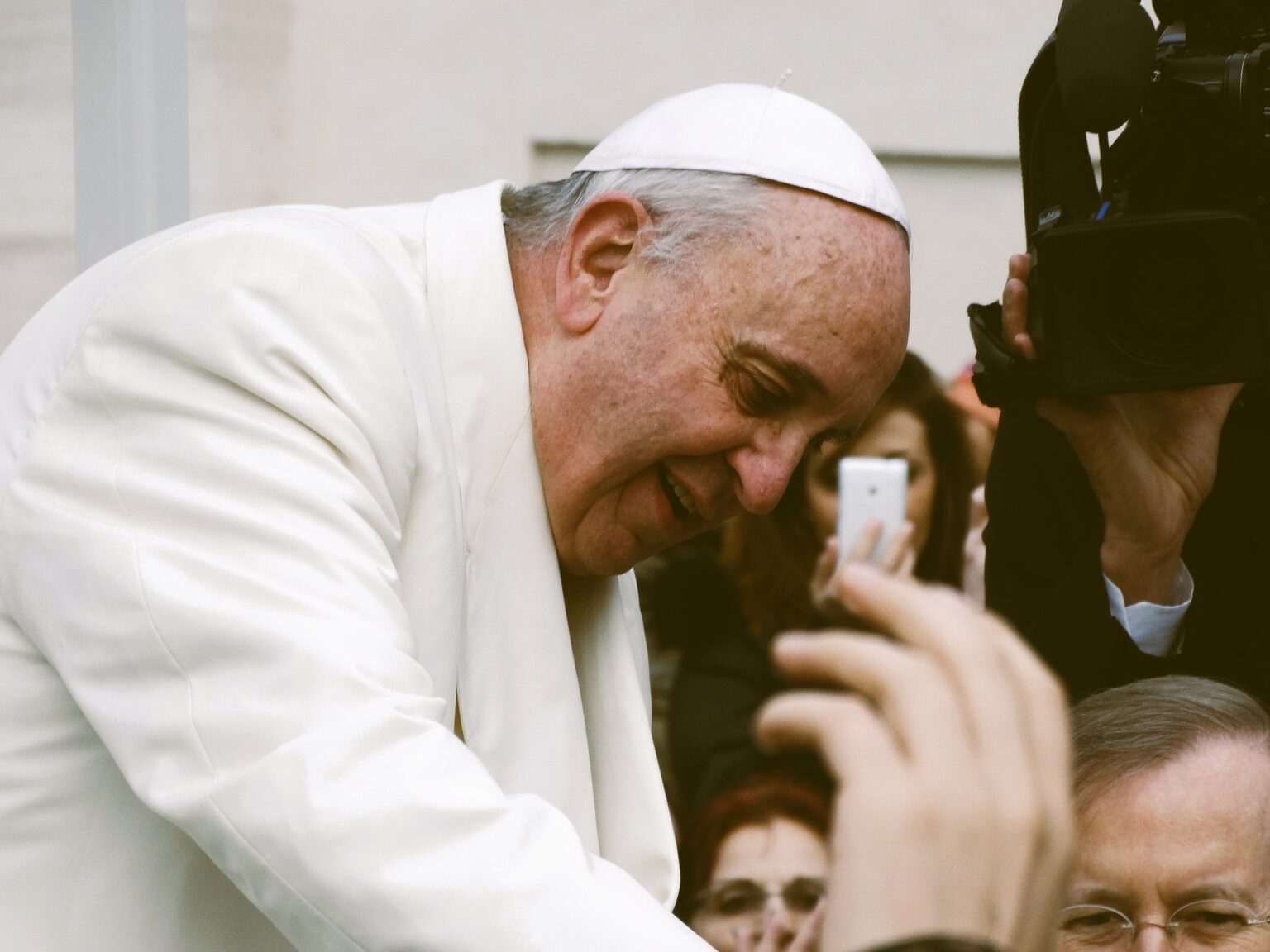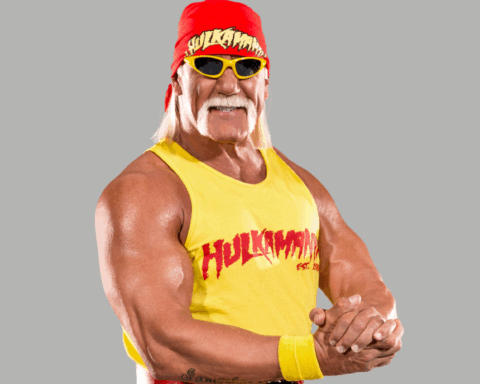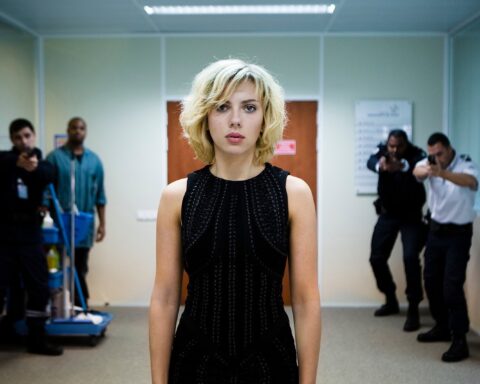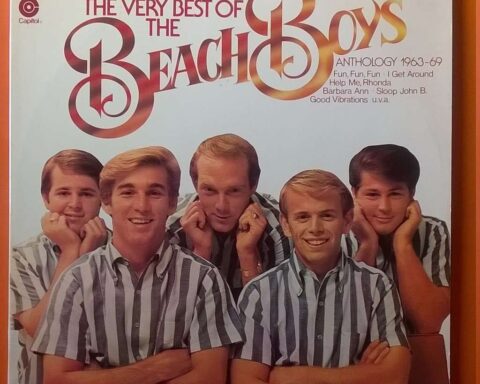The pope is dead, long live the pope. Having died of a stroke on April 21, 2025 at the age of 88, Pope Francis had acceded to the supreme office of the Catholic Church in 2013. For 12 years, the Argentinian was involved in numerous social issues that were as unifying as they were divisive.
His name was Jorge Mario Bergoglio. Born in December 1936 in a working-class district of Buenos Aires, Argentina, he had a divine revelation at the age of 17 and decided to become a priest when he was 21, following a lung ablation. “In the hardest moments, the memory of that first encounter helped me a lot, because the Lord always meets us definitively, the Lord doesn’t enter into the culture of the provisional: he loves us forever, he accompanies us forever,” the Pope had declared in 2015.
Priest in 1969
Jorge Mario Bergoglio entered the Jesuit novitiate in 1958, while studying chemistry and philosophy. He was officially ordained a priest in 1969, and took his final vows four years later. The same year, he was appointed Provincial of the Jesuits in Argentina.
Between 1980 and 1986, Jorge Mario Bergoglio was rector of Saint Joseph’s College in San Miguel and parish priest. He taught pastoral theology, before leaving to work on a thesis in Germany. It wasn’t until 1990 that the man of the cloth returned to Argentina as parish priest and confessor. Two years later, he was appointed Auxiliary Bishop of Buenos Aires by Pope John Paul II at the instigation of Cardinal Antonio Quarracino.
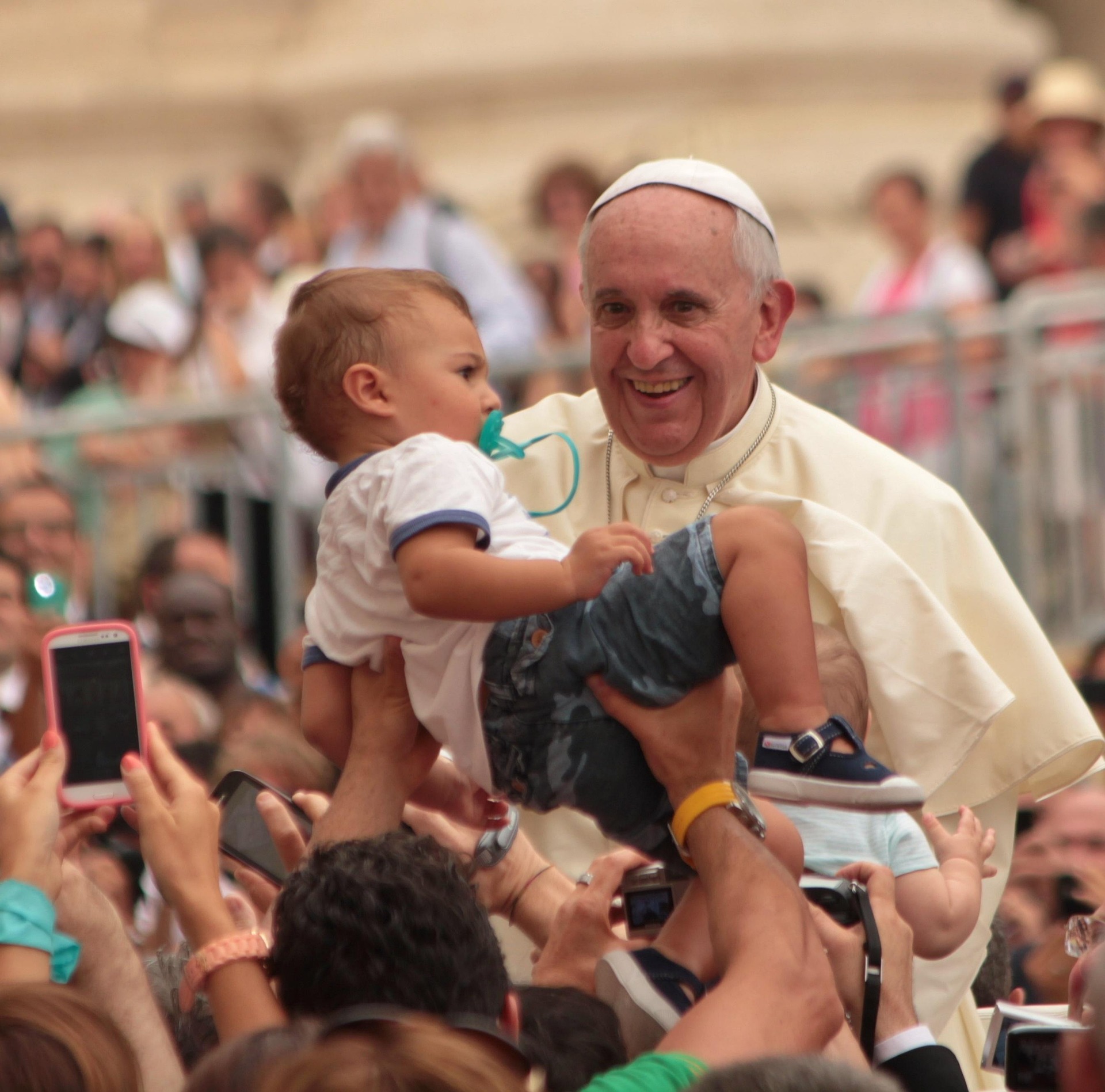
In 1997, he became coadjutor archbishop of the same diocese and, a year later, archbishop of the Argentine capital and chancellor of the Catholic University of Argentina. John Paul II appointed him cardinal-priest at the 2001 consistory. He was also president of the Argentine Episcopal Conference from 2005 to 2011.
In 2013, the Argentine Jesuit became the first Pope from the American continent in history, he and chose the name Francis, after the poverello of Assisi. “You know that the duty of the conclave is to give a bishop to Rome. It seems that my brother cardinals have gone to the ends of the earth to find him,” said Jorge Mario Bergoglio in Italian.
The 266th Pope held office for over a decade, before leaving us on Easter Monday, April 21, after suffering a stroke. His funeral will take place on Saturday, April 26, alongside numerous religious figures, presidents and public personalities.
Commitments and contradictions
Ever since his election in 2013, Pope Francis has set himself apart with his sober lifestyle. He takes up residence in St. Martha’s, in an apartment rather than in the lavish, richly adorned papal residence. He invokes a “poor Church for the poor” and wishes to live like normal people. Popular with Catholics and atheists alike, and a defender of the people, Jorge Mario Bergoglio calls on his followers to reflect on a less lavish daily life, and on countries to share their wealth more equitably so that globalization benefits all.
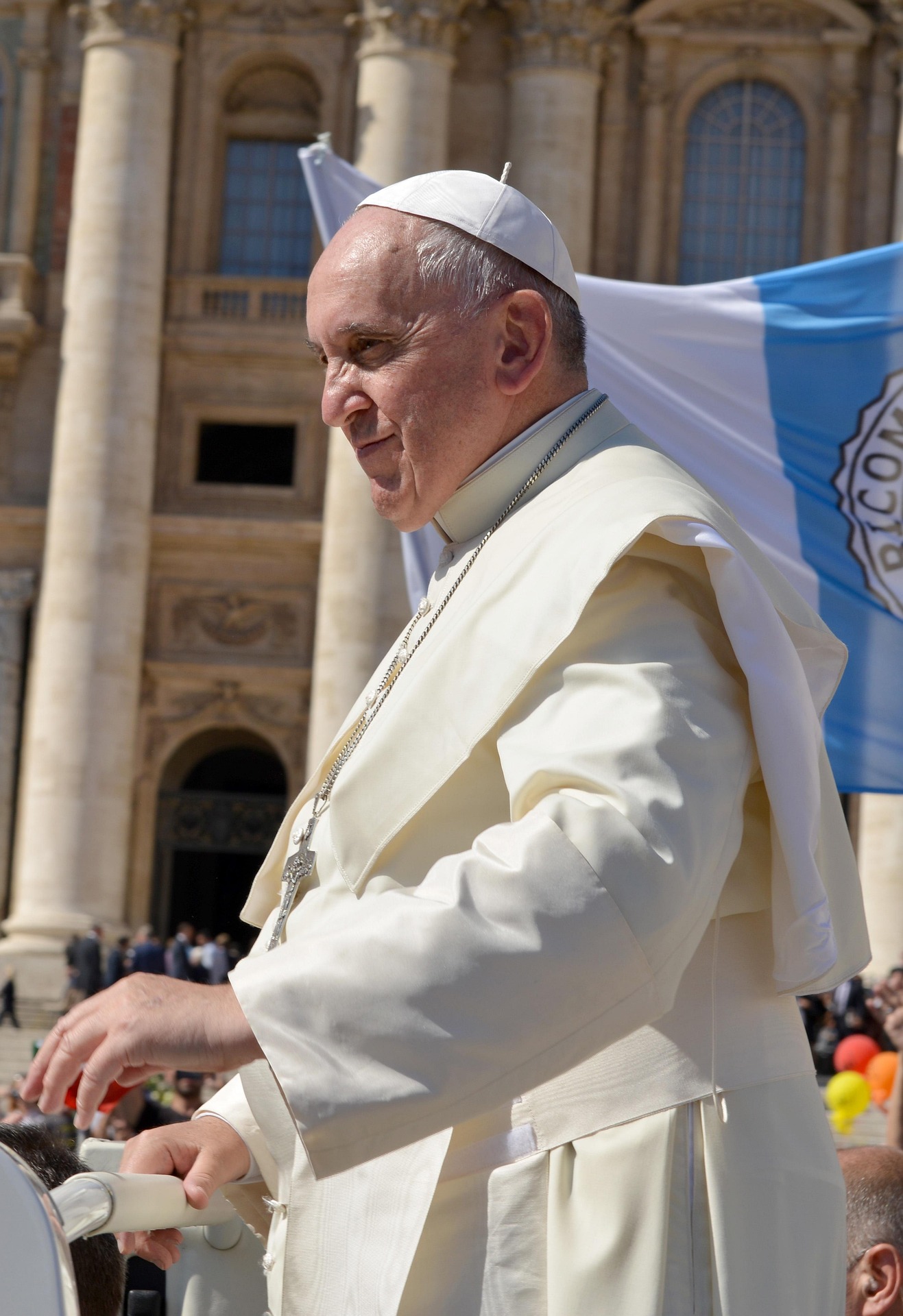
His frank and direct words have always been directed towards those most in need. For example, he visited a prison in Rome to wash the feet of young inmates. During his pontificate, Pope Francis made the defense of migrants a major focus. He urged countries to welcome, protect, promote and integrate people in distress. “Excluding migrants is criminal. We make them die in front of us, and so, today, we have the Mediterranean which is the biggest cemetery in the world.”
A seasoned reformer, he is also committed to ecology, with new-generation lighting in the Sistine Chapel, solar panels or organic farming in the Vatican gardens. “Let’s choose to change, to adopt simpler, more environmentally-friendly lifestyles like young people!”.
Yet his positions have sometimes been a source of division within the Church and its community of over a billion believers worldwide. While Pope Francis has tried to open the Church to the divorced, marriage remains a “sacrament”, composed of one man and one woman. He is in favor of a civil union law for homosexuals, but religious doctrine remains unchanged, and the Vatican still considers homosexuality a sin. Even so, the Pope has played a part in changing the thinking of the faithful, as when he mentioned that “if a person is homosexual and seeks the Lord with good will, who am I to judge him?”.
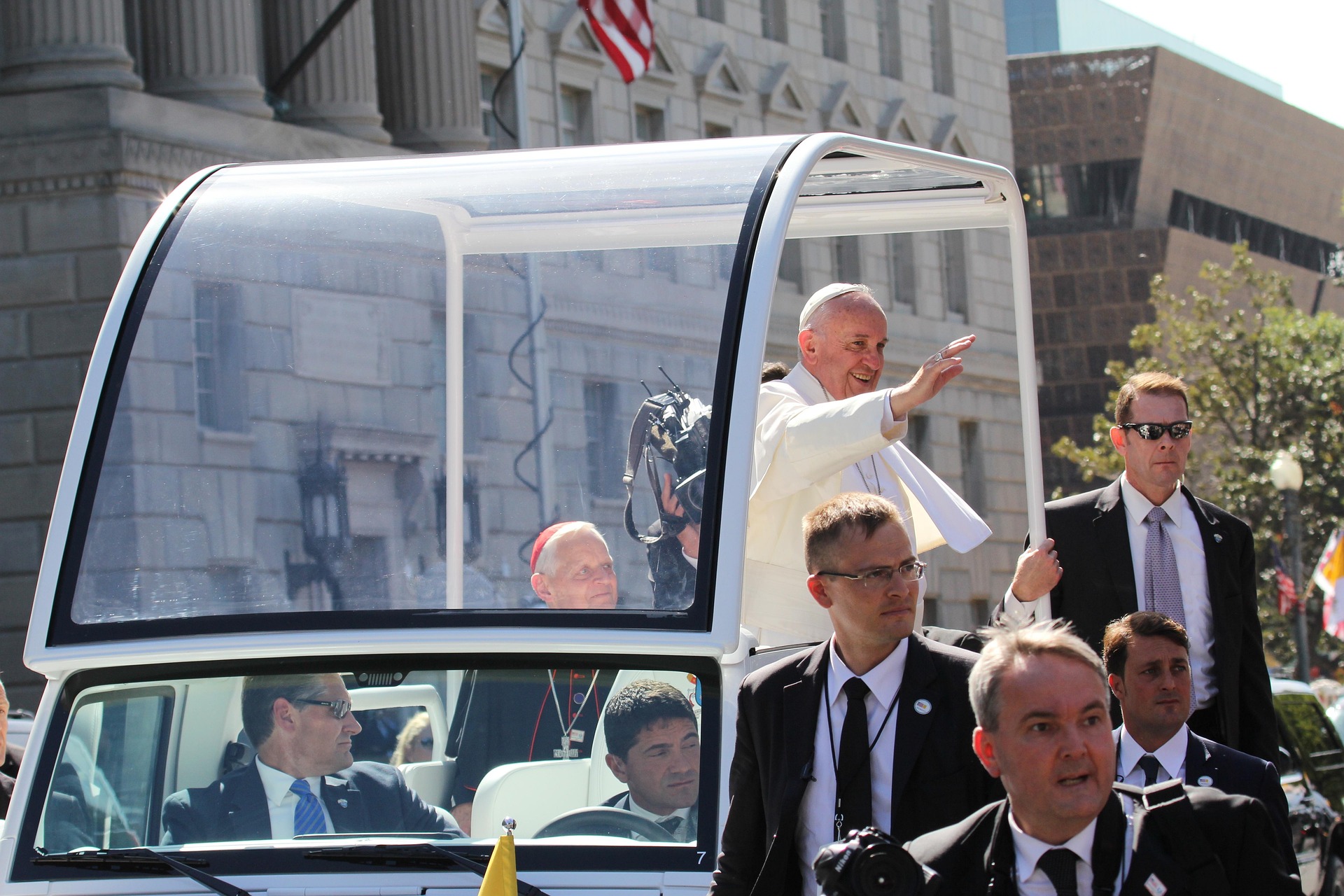
As for the issue of abortion, the Pope has always taken a stance against it, comparing the doctors who perform it to “hired killers”. He has also defended more conservative views, refusing, for example, to open the priesthood to married men. As regards the place of the so-called weaker sex in the Church, he has appointed some twenty women to levels of responsibility unheard of in the Vatican. But women are still excluded from many ecclesial responsibilities.
Still considered a reforming Pope, Francis has always put humanity and peace at the forefront of his agenda. The Church now needs to organize a conclave in the next few days to elect his worthy successor.
Read also : Ari Emanuel: who is the businessman who rules the entertainment world?
Featured photo : Pope Francis © Pixabay




